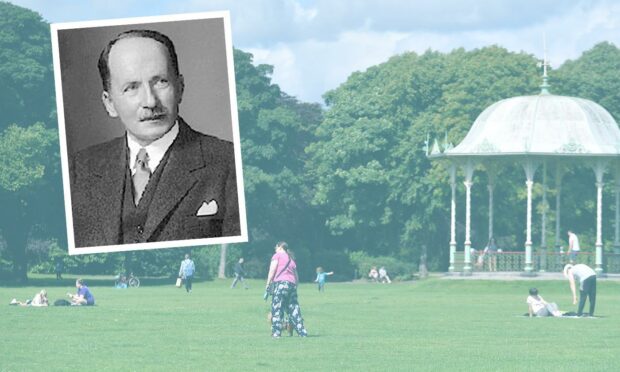Plans for a statue honouring JJR MacLeod, the Aberdeen man who played a key role in the discovery of insulin, have been backed by city leaders.
Mr MacLeod, who lived in the Granite City for many years, was awarded the Nobel Prize in 1923 for his part in the findings.
Until he and a team of scientists in Toronto, where he was working at the time, made the discovery, Type 1 diabetes would have likely resulted in death in a matter of months.
But with the advent of insulin, it became a manageable condition.
Calls for JJR MacLeod to be honoured
Prof MacLeod was buried in Aberdeen’s Allenvale Cemetery after his death in 1935, and a clinic at Foresterhill Health Campus was named after him eight years ago.
He also features among dozens of famous names in the Hall of Heroes at Provost Skene’s House, which recently reopened to the public and honours people from Aberdeen who became known around the world.
However, with next year marking the 100th anniversary of insulin being discovered, there are calls for a physical memorial – with Duthie Park among the locations being considered.
A group has been set up to campaign for the sculpture, and the movement was backed by Aberdeen City Council on Monday.
Duthie Park ‘appropriate’ for memorial
“I had no idea about the huge impact a fellow Aberdonian had on the discovery and production of insulin,” said Douglas Lumsden, who moved a motion urging fellow councillors to support the project.
“I was approached by two constituents who felt it was strange there was not more being made of JJR MacLeod in his hometown.
“Something in Duthie Park would be appropriate.”
Depute provost Jennifer Stewart backed Mr Lumsden’s motion, describing Mr MacLeod’s achievements as “something we should mark in the city”.
Councillors agreed to the project, meaning staff will now work with the campaigners to decide on an exact location.
